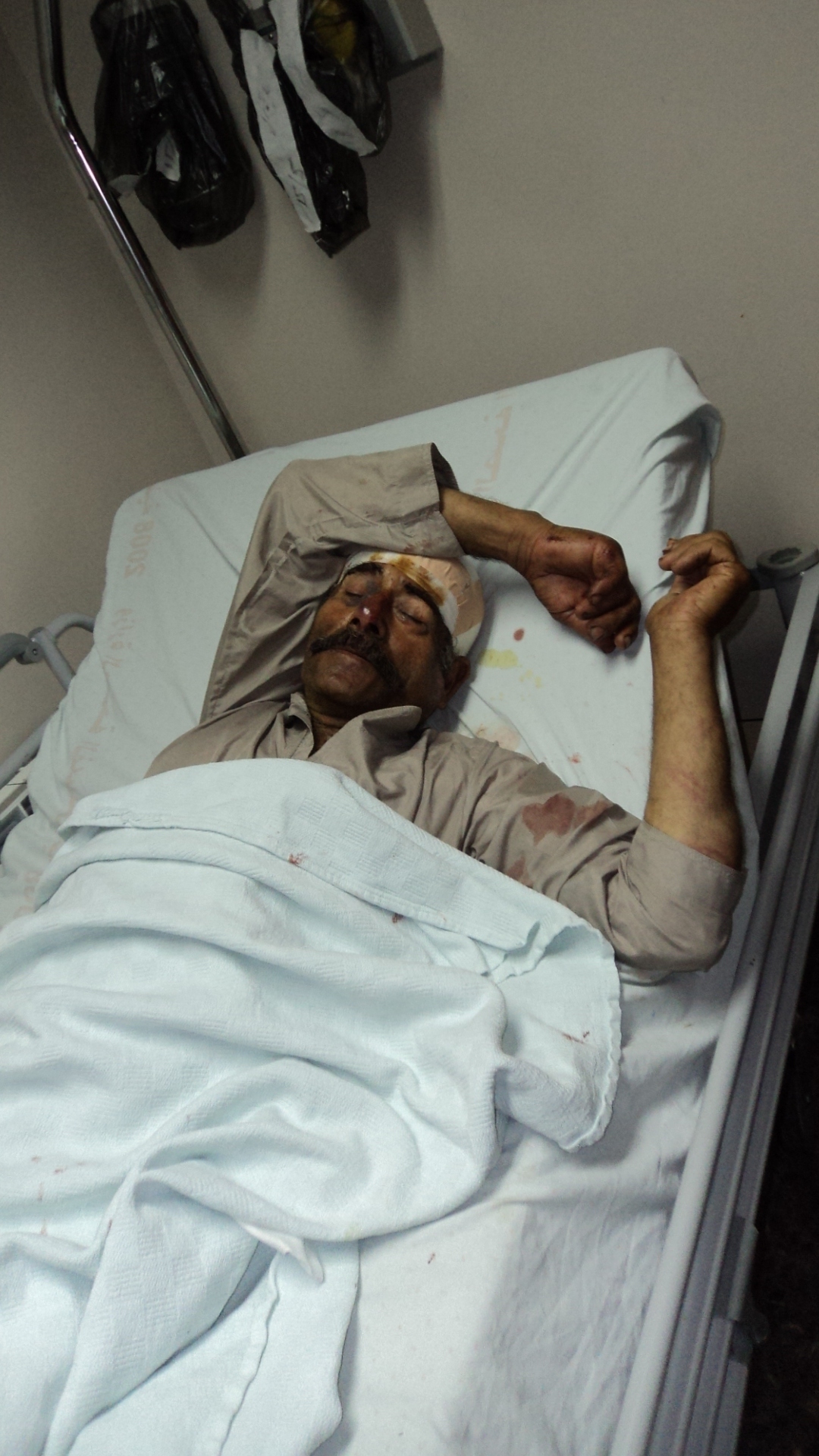Tag: Settlers
-
Olive trees destroyed outside Bethlehem
31 May 2011 | International Solidarity Movement This morning Maher Abu Sab’a’ discovered that 248 out of the 250 olive tree saplings that had recently been planted on his land had been destroyed over-night. The saplings which had been planted three months previously had been systematically uprooted from the earth and broken with their remains…
-
Israeli bulldozers destroy farmer’s land in Al Ma’asara
30 May 2011 | International Solidarity Movement Yesterday private Israeli bulldozers arrived in the village of Al Ma’sara in the West Bank and destroyed a section of farm land belonging to the Brijia family, uprooting five grape trees and an abundance of wheat. The bulldozers who were accompanied by Israeli military jeeps belonged to an…
-
66 year old shepherd from the village of Madama attacked by settlers
27 May 2011 | International Solidarity Movement On Thursday May 26, Hamad Jaber Qut, a 66 year old shepherd from the village of Madama, was taken to hospital after being attacked by settlers with sticks and knives. At about 16:30 whilst Hamad was herding sheep in the mountains of Madama, situated near the illegal settlement…

